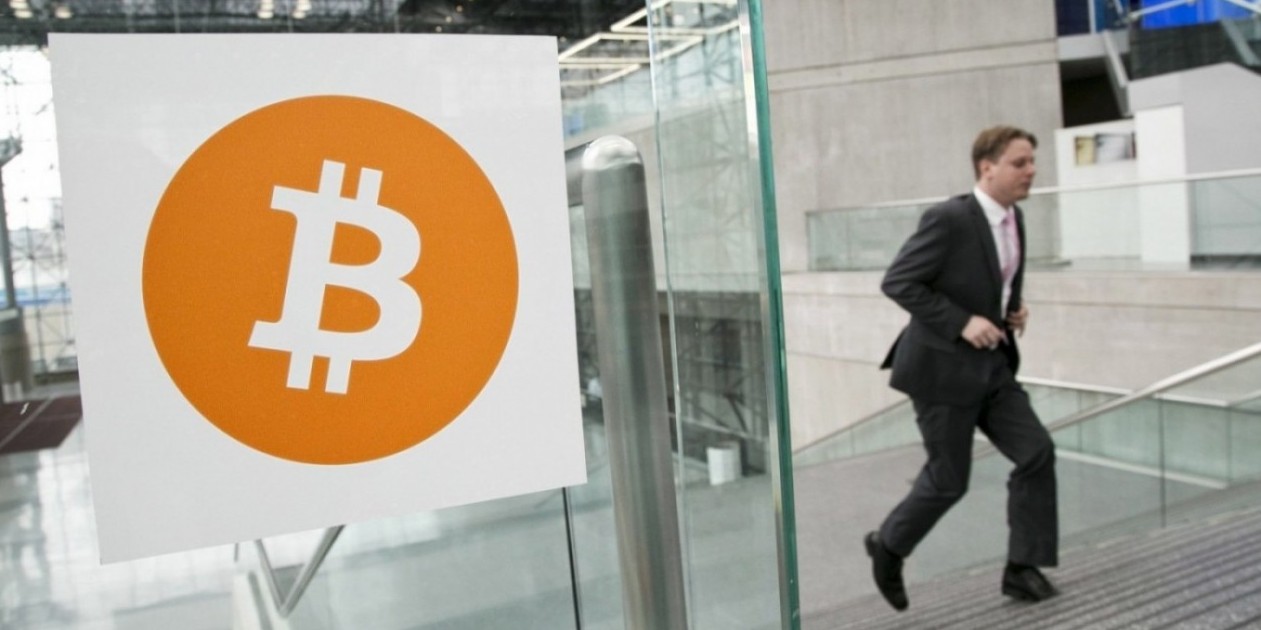Customers may see it as complex, risky and not worth the risk, but retailers see an upside
Some view Bitcoin as a way to liberate consumers and merchants alike from the so-called tyranny of transaction fees and central banks. It’s a hit in tech-savvy circles, where it can be used to pay for an increasing number of of goods and services online. And its use has been spreading to brick and mortar merchants too – adventurous independent coffee shops, restaurants and electronics stores world-round, to name a few.
But if Bitcoin is really where digital currency and payments are heading, why is it that large Canadian retailers have been so slow to adopt?
Braden Hoeppner is chief marketing officer at Clearly Contacts – by far the biggest Canadian retailer currently accepting Bitcoin as payment. The company announced in January it would begin accepting Bitcoin orders with the caveat that, for technical reasons, such orders could only be placed via phone for now.
Hoeppner says it wasn’t hard for the company to implement – otherwise, he said, they wouldn’t have done it at all – which means there are other factors holding retailers back.
“It felt to me like there was some momentum building up… from late last year” when, in late November, the value of a Bitcoin reached US$1,100 – an all-time high.
But then Bitcoin’s value plummeted; financial institutions in China, one of Bitcoin’s larger markets, were banned from handling the currency, and one of the world’s largest Bitcoin exchanges, Mt. Gox, imploded after the equivalent of hundreds of millions of dollars was stolen in a devastating hack.
As of this writing, Bitcoin is worth just over US$500.
“I felt like most people that were willing to take the risk decided to shy away from it and wait and see a little more,” said Hoeppner, who characterizes Bitcoin sales on the site as “small.”
Even now, the legality of Bitcoin exchanges and businesses in countries such as Canada and the U.S. remains unclear.
In the U.S., a company called CoinBase is attempting to shoulder some of the risk by offering merchants what essentially amounts to the PayPal of Bitcoin – a simple, third-party processing platform that merchants can integrate into their website.
When a customer of online retailer Overstock.com, for example, uses Bitcoin to make a purchase, Coinbase handles the transaction, “and we see dollars immediately. It’s a very simple process for us,” says Jonathan Johnson, Overstock’s chairman.
Overstock began offering Bitcoin payment options in January. It consistently runs at “just a little over half a percent of daily revenue.” The company has recorded about US$1.5-million in Bitcoin revenue to date.
But while CoinBase might make Bitcoin integration easier for merchants such as Overstock, the service is not yet available in Canada, requiring companies such as Clearly Contacts to either hold their Bitcoin cash, or seek the services of various small exchanges who will convert Bitcoin back to Canadian dollars. And, according to Hoeppner, there’s still the problem of addressing Bitcoin’s perceived complexity and “hacker” element, not to mention helping both merchants and customers understand why they might even consider Bitcoin in the first place.
“If you’re a small business who’s never worked in foreign currencies before, is Bitcoin going to be your first foreign currency?” Hoeppner asked.
Ultimately, both companies are treating Bitcoin as just another currency – another way to give customers the option of buying things the way they want.
In Overstock’s case, Bitcoin is actually attracting new users who have never shopped with Overstock before – and Bitcoin customers’ average order is about 40% larger than a standard order, Johnson says.
“What I think is significant about that is we view accepting Bitcoin as just one more way to make it easier for customers or potential customers to spend money with us,” Johnson said. “Just like we accept American Express and Visa and Master Card and Paypal, we now accept Bitcoin,” Johnson.
And for Hoeppner, it’s a smart way to market his company too – aligning Clearly Contact’s history of e-commerce and innovation with the Bitcoin community, which is similarly aligned.
“Our business model actually matches up with these types of people,” he said, calling it “good marketing.”
But for the moment, marketing is all it really is – at least, until more customers and more merchants, a chicken-and-egg problem if there ever was one, jump on board.













